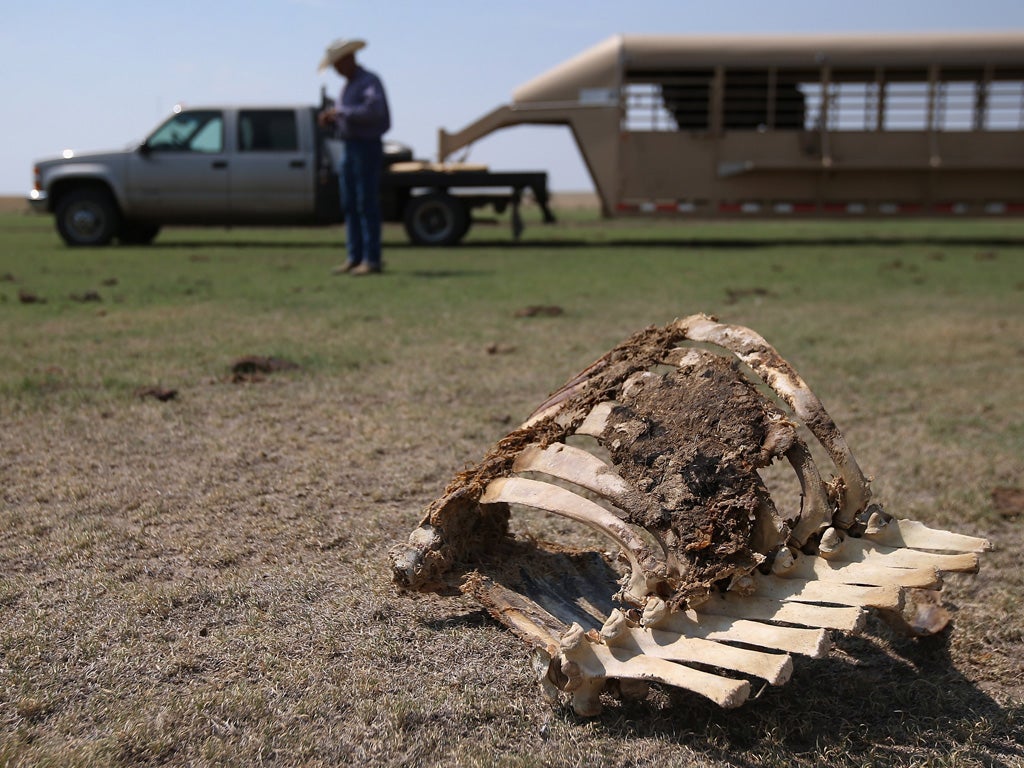What a heatwave in Australia tells us about climate change and the extreme weather of the future
Don't be surprised by the unprecedented weather we're seeing across the globe. Climate scientists have been warning us about the effects of a warming world for years

We are barely a fortnight into the New Year, but already 2013 is producing record-breaking weather, continuing the pattern of the past 12 months.
A heatwave in Australia that started in late December has intensified and now forced the Bureau of Meteorology to reset the upper limit of its daily temperature scale, as the previous record of 50.7 centigrade degrees, set in South Australia in 1960, could be dramatically smashed over the weekend. It is a measure of just how extreme this heatwave is that a national meteorological organisation is struggling to re-calibrate its monitoring methods by adding an extra four degrees to its scale. It is a sign of things to come.
All across the globe, people are still coming to terms with the consequences of extreme weather events in 2012. A heatwave in the United States that created 15,000 new daily temperature records contributed to an exceptional and widespread drought that left farmers counting the cost of devastated crop yields, during the warmest ever year for the contiguous 48 states.
Russia experienced its second warmest summer, just two years after the severe heatwave of 2010, and other parts of Europe, the Middle East and Asia also experienced record warmth during the year. In the UK, hundreds of families experienced the misery of flooding following the second wettest year since 1910.
It is not possible to attribute unambiguously any single extreme weather event, or indeed any set of weather events from a single year, to climate change. Statistical trends in extreme weather can only be detected over several decades.
But much of the unprecedented weather we are seeing is consistent with what climate scientists warn will happen in a warming world. We have to face up to the fact that rising greenhouse gas levels in the atmosphere means we have to produce new definitions for extreme weather events, which are threatening the lives and livelihoods of millions of people across the globe. And unless we start to strongly curb emissions, we could create a prehistoric climate that has not been seen on Earth for millions of years.
Bob Ward is policy and communications director at the Grantham Research Institute on Climate Change and the Environment at London School of Economics and Political Science
Join our commenting forum
Join thought-provoking conversations, follow other Independent readers and see their replies
Comments
Bookmark popover
Removed from bookmarks